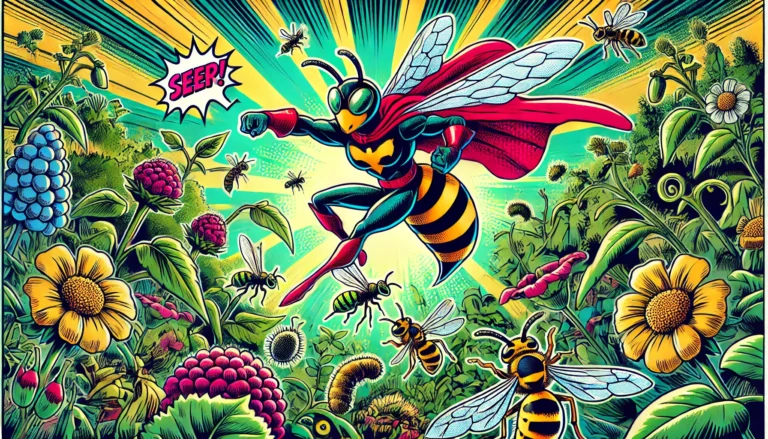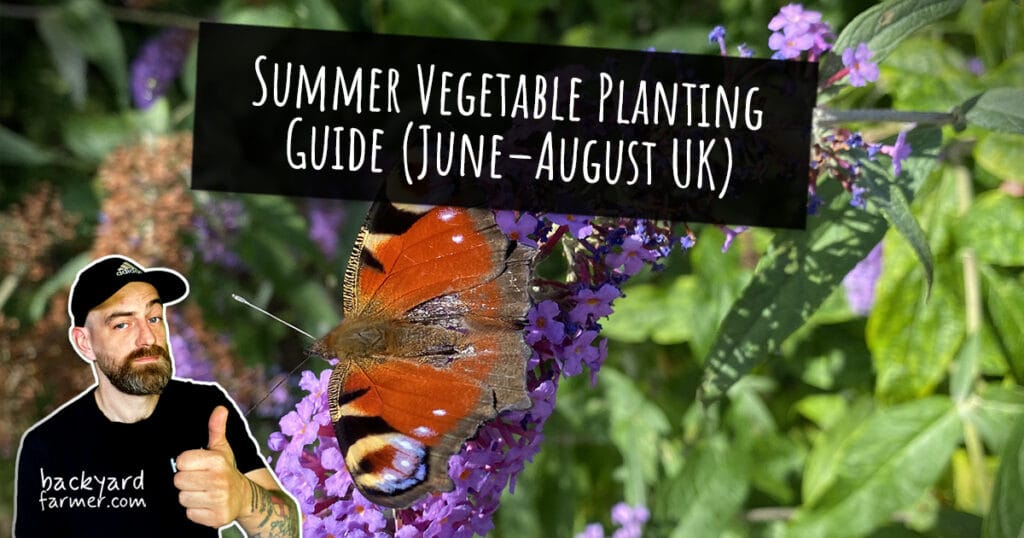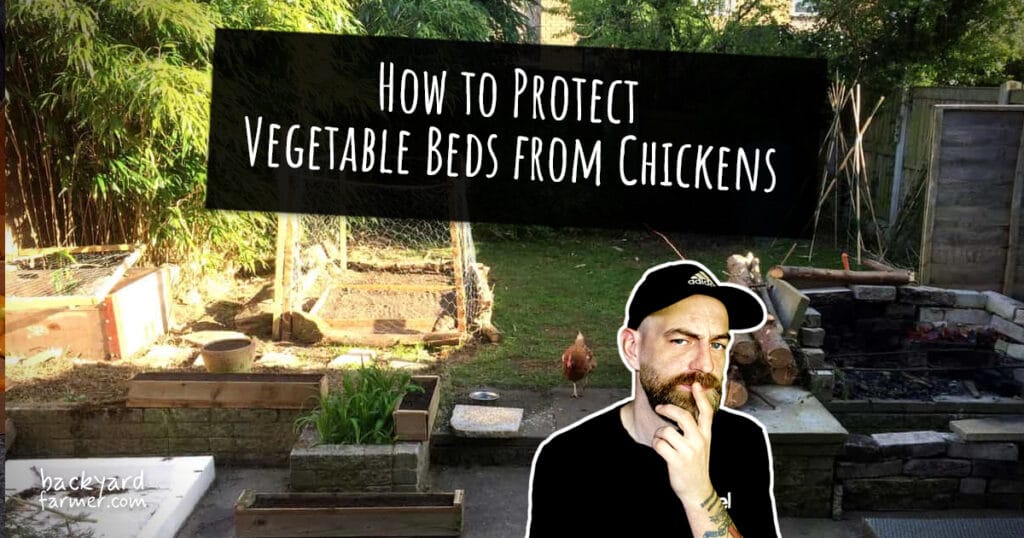Introduction: The Surprising Importance of Wasps
Wasps often get a bad reputation, but they are much more than just stinging insects. These often-overlooked creatures play essential roles in ecosystems and human life. From natural pest control to medical research, wasps have proven to be invaluable.
Key Roles Wasps Play:
- Pest Control: Wasps naturally regulate harmful insect populations, reducing the need for chemical pesticides.
- Pollination: Although not as well-known as bees, wasps contribute to pollination, helping plants reproduce.
- Medical Potential: Wasp venom is being researched for its potential in treating pain, inflammation, and even cancer.
Living with Wasps:
- Understanding how wasps benefit the environment and adopting humane ways to manage them can help us coexist peacefully.
In this article, we’ll explore how wasps contribute to nature, agriculture, and even medicine, and why it’s important to appreciate their role rather than fear them.
What Role Do Wasps Play in Pollination?
Wasps may not be the first insects you think of for pollination, but they play a significant role in helping plants reproduce. While bees are more commonly associated with pollination, certain wasp species are also vital pollinators, especially for plants that are less attractive to bees.
Wasps as Pollinators
Wasps transfer pollen between flowers while searching for food, particularly nectar. Though their smooth bodies aren’t as effective as bees’ fuzzy bodies at holding pollen, they still contribute significantly to plant pollination. This is especially important in environments where bees are less abundant, such as higher altitudes or cooler climates.
- Efficiency: Wasps aren’t as efficient as bees, but their consistent activity ensures many plants still get pollinated.
- Areas of impact: They thrive in tough environments where bee populations may struggle.
To learn more about growing plants that benefit from natural pollinators like wasps, check out our guide on how to grow chillies from seed.
Specialist Pollinators
Some plants, such as figs, rely almost exclusively on specific species of wasps for pollination. In fact, fig wasps play a critical role in the life cycle of these plants, as figs wouldn’t reproduce without them. This mutualistic relationship showcases the vital role wasps can play in maintaining plant species.
- Example: Fig wasps are responsible for pollinating fig trees, a relationship that dates back millions of years.
- Other examples: Certain orchids and other specific plant species also depend on wasps for reproduction.
Wasps and Biodiversity
By helping plants reproduce, wasps indirectly support the biodiversity of ecosystems. Pollinated plants flourish, providing food and shelter for various wildlife. In this way, wasps contribute to maintaining the health and diversity of ecosystems.
- Ecosystem balance: By ensuring plant reproduction, wasps help maintain the plant-animal balance in natural habitats.
- Ripple effect: Healthy plant populations support diverse animal species, further boosting biodiversity.
Learn more about the ecological importance of wasps and their contributions to biodiversity by visiting National Geographic’s comprehensive guide on wasps.
Less Competition with Bees
Wasps often visit flowers that bees avoid, such as those with less color or fragrance. This makes them valuable in environments where certain plants might otherwise go unpollinated. Additionally, wasps remain active during periods when bee populations are lower, ensuring that pollination continues.
- Unique flower preferences: Wasps target less attractive flowers, helping pollinate plants that might otherwise be overlooked.
- Seasonal advantages: Wasps are active pollinators during times when bees are not, such as late summer and fall.
| Aspect | Wasps | Bees |
| Body Structure | Smooth, less effective at holding pollen | Fuzzy, better at collecting and transferring pollen |
| Pollination Efficiency | Moderate, but still important in certain environments | High, primary pollinators for many crops |
| Preferred Plants | Less attractive flowers, lower color or fragrance | Brightly colored, fragrant flowers |
| Environment | Thrive in tough climates (cold, high altitudes) | More common in temperate environments |
| Specialist Pollinators | Critical for plants like figs and certain orchids | Generalist pollinators, covering many plant species |
| Active Season | Active when bees are less abundant (late summer/fall) | Active primarily in spring and summer |
How Wasps Help with Pest Control
Wasps are not just pollinators; they are also excellent natural pest controllers. Many species of wasps are predatory, feeding on a variety of harmful insects. Their role as predators benefits gardens, farms, and even wild ecosystems by keeping insect populations in balance.
Wasps as Natural Predators
Wasps play a critical role in controlling the populations of common garden pests like caterpillars, aphids, and beetles. They either paralyze or kill their prey to feed their larvae or consume themselves.
- Parasitic wasps: These wasps lay their eggs inside or on a host insect. As the eggs hatch, the larvae feed on the host, eventually killing it.
- Predatory wasps: Other wasps hunt insects such as flies, caterpillars, and spiders, reducing the numbers of harmful pests in gardens and fields.
Pest Control in Agriculture
Farmers benefit from the presence of wasps, as these insects act as natural pest controllers. Wasps reduce the need for chemical pesticides, making them valuable assets in sustainable agriculture.
- Reduced pesticide use: By naturally controlling pests, wasps help minimize the need for harmful chemicals, leading to healthier crops and safer food production.
- Targeted pest control: Wasps tend to target specific pests, making them more efficient in controlling harmful insect populations than broad-spectrum pesticides.
Wasps vs. Chemical Pesticides
Unlike chemical pesticides, which can harm beneficial insects and disrupt ecosystems, wasps offer a natural, eco-friendly solution. By keeping pest populations in check, they allow beneficial insects, such as pollinators, to thrive.
- Eco-friendly alternative: Wasps provide pest control without the risks associated with chemical pesticides.
- Selective targeting: Chemical pesticides often kill a wide range of insects, including pollinators, while wasps target harmful species specifically.
Examples of Pest Control by Wasps
Different species of wasps specialize in controlling various pests:
- Braconid wasps: Control caterpillars, aphids, and beetles.
- Paper wasps: Hunt caterpillars and other small insects that feed on garden plants.
- Yellowjackets: Predators of flies and other nuisance insects.
| Aspect | Wasps | Chemical Pesticides |
| Method of Pest Control | Predation or parasitism of specific pest species | Broad-spectrum killing of many insect types |
| Impact on Beneficial Insects | Selectively targets pests, sparing pollinators | Often harms beneficial insects like bees |
| Environmental Impact | Eco-friendly, no harmful residues | Can harm ecosystems and water sources |
| Pest Resistance | No resistance buildup in pests | Pests can develop resistance over time |
| Sustainability | Supports sustainable agriculture | Overuse can lead to ecosystem disruption |
| Cost | Free, natural process | Requires continuous purchase and application |
Table Overview:
The table compares the use of wasps in pest control versus chemical pesticides, highlighting the eco-friendly, targeted, and cost-effective advantages of wasps over chemical solutions.
Are Wasps Useful for Ecosystem Balance?
Wasps are often seen as pests, but they play a vital role in maintaining the balance of ecosystems. As both predators and prey, they are key players in the food chain, helping regulate insect populations and contributing to the overall health of their environments.
Wasps as Predators
Wasps act as natural regulators of pest populations by preying on insects that could otherwise grow out of control. They help keep insect numbers in check, which prevents overpopulation and reduces crop damage.
- Pest control: Wasps target a wide range of insects, including flies, caterpillars, and aphids, all of which can damage plants and crops.
- Maintaining balance: By controlling pest populations, wasps reduce the need for artificial pesticides and promote a healthier ecosystem.
Wasps as Prey
Wasps are also a food source for various animals, contributing to the balance of the food chain. Birds, spiders, and other predators rely on wasps for sustenance, especially during certain seasons.
- Food chain contribution: Wasps provide nutrition for many species, from birds to mammals.
- Ecosystem resilience: The presence of wasps as prey supports biodiversity, as it sustains the populations of their predators.
Impact on Pollination
While bees are the dominant pollinators, wasps also contribute to pollination. Their role in transferring pollen helps plants reproduce, further maintaining biodiversity and supporting ecosystem stability.
- Supplementary pollinators: Wasps help pollinate plants that might otherwise go unnoticed by bees.
- Plant diversity: By aiding in the pollination of various plants, wasps support diverse plant life, which in turn supports diverse animal life.
The Ripple Effect on Biodiversity
By fulfilling their roles as both predators and prey, wasps contribute to the overall biodiversity of ecosystems. A balanced ecosystem, with stable plant and animal populations, is more resilient to environmental changes and disturbances.
- Biodiversity booster: Wasps’ dual role helps maintain a rich variety of life in ecosystems.
- Ecosystem stability: The more diverse an ecosystem, the better it can adapt to changes such as climate shifts or the introduction of new species.
| Aspect | Wasps’ Role in Ecosystem | Without Wasps |
| Pest Control | Naturally regulate harmful insect populations | Increased use of pesticides and pest outbreaks |
| Food Source | Provide food for birds, spiders, and mammals | Reduced food sources for many predator species |
| Pollination Contribution | Supplement pollination, aiding in plant reproduction | Reduced pollination, affecting plant diversity |
| Biodiversity Impact | Promote species diversity through predation and pollination | Decreased biodiversity and ecosystem imbalance |
Table Overview:
This table highlights the important contributions wasps make to ecosystems and contrasts what could happen if wasps were removed, showing their necessity for balance and biodiversity.
The Use of Wasp Venom in Medicine
Wasp venom may sound intimidating, but it is increasingly being recognized for its potential in medical research. Scientists are discovering new ways that wasp venom can be used to treat a variety of health conditions, ranging from pain relief to cancer treatment.
Wasp Venom’s Medical Properties
Wasp venom contains a variety of bioactive compounds that show promise in medical applications. These compounds have anti-inflammatory, pain-relieving, and even antimicrobial properties.
- Pain relief: Components in wasp venom have been found to block pain signals, making them a potential alternative to traditional painkillers.
- Anti-inflammatory properties: Wasp venom can reduce inflammation, which is beneficial for treating chronic conditions like arthritis.
- Antimicrobial effects: Certain peptides in wasp venom are effective against bacteria, fungi, and other harmful microbes.
Cancer Research and Wasp Venom
One of the most exciting areas of research is the use of wasp venom in cancer treatment. Some compounds in the venom have been shown to selectively target and destroy cancer cells without harming healthy ones.
- Melittin: A peptide found in wasp and bee venom, melittin, has been shown to have cancer-fighting properties. It attacks cancer cells while sparing healthy ones.
- Targeted treatments: Researchers are exploring how wasp venom can be used to develop targeted therapies for cancers such as leukemia, breast cancer, and prostate cancer.
Potential Applications in Future Medicine
As research continues, wasp venom could be used in a variety of medical treatments. Scientists are working on ways to isolate the beneficial compounds in venom and develop them into safe, effective treatments.
- Chronic pain management: With its pain-blocking properties, wasp venom may be developed into new treatments for chronic pain sufferers.
- Infection control: The antimicrobial properties of wasp venom could lead to the development of new antibiotics, especially useful as antibiotic resistance continues to rise.
| Medical Application | Wasp Venom | Traditional Medicine |
| Pain Relief | Blocks pain signals, alternative to opioids | Opioids and over-the-counter painkillers |
| Anti-inflammatory | Reduces inflammation, beneficial for arthritis | Steroids and NSAIDs |
| Cancer Treatment | Targets cancer cells without harming healthy ones | Chemotherapy, which often affects healthy cells |
| Antimicrobial | Effective against bacteria and fungi | Antibiotics, facing increasing resistance |
Table Overview:
The table compares the potential medical applications of wasp venom with traditional treatments, highlighting the unique benefits of venom in fields like pain relief, cancer treatment, and antimicrobial uses.
How to Live Harmoniously with Wasps
Wasps can be intimidating, especially when they set up nests close to human homes or gardens. However, they are essential contributors to the ecosystem, and it is possible to live alongside them peacefully without resorting to harmful measures. By understanding their behavior and adopting humane strategies, you can create a safe and balanced environment for both humans and wasps.
Understanding Wasp Behavior
Wasps are generally not aggressive unless provoked. They will defend their nests if they feel threatened, but for the most part, they are busy foraging for food and pollinating plants.
- Avoid sudden movements: Wasps are less likely to sting if they do not feel threatened.
- Nesting season: Wasps are more active in late summer and early fall when their populations peak.
Preventing Wasp Nests
Preventing wasps from building nests near your home is key to avoiding potential conflicts. By making your property less attractive to them, you can reduce the chances of a nest being established.
- Seal entry points: Block gaps or holes in walls, eaves, and attics where wasps may nest.
- Remove food sources: Keep food covered when outdoors and clean up any sugary spills that may attract wasps.
Humane Wasp Deterrents
There are several natural, humane ways to deter wasps without harming them. These methods help keep wasps at a distance while maintaining their important role in the ecosystem.
- Essential oils: Peppermint, clove, and lemongrass oils are effective at repelling wasps. Simply dilute the oils with water and spray them around areas where wasps are likely to nest.
- Decoy nests: Wasps tend to avoid building nests near other wasps, so hanging a decoy nest can trick them into thinking the area is already occupied.
What to Do if You Find a Nest
If you find a wasp nest on your property, it is important to handle the situation carefully. In some cases, you may be able to leave the nest undisturbed, especially if it’s located away from high-traffic areas. If removal is necessary, consider calling a professional rather than using harmful chemicals.
- Leave it alone: If the nest is in an out-of-the-way area, consider letting the wasps stay and do their job in controlling pests and pollinating plants.
- Professional removal: If the nest is close to your home or poses a risk, contact a professional who specializes in humane removal.
| Method | Wasp-Friendly Solution | Harmful Method |
| Preventing Nests | Sealing entry points, removing food sources | Spraying chemicals near nesting areas |
| Deterrents | Essential oils, decoy nests | Using chemical repellents or traps |
| Nest Removal | Professional, humane removal | Destroying nests with harmful chemicals |
| Wasp Behavior | Understand behavior, avoid provocation | Aggressive removal, causing more stings |
Table Overview:
This table compares humane, wasp-friendly solutions for preventing and dealing with wasps versus harmful, more invasive methods. It emphasizes the importance of coexistence and avoiding unnecessary harm.
Conclusion: Why Wasps Are Essential to Ecosystems and Beyond
Wasps are often misunderstood, but their importance to ecosystems and even medical research is undeniable. They play critical roles that benefit both nature and humans.
Key Contributions of Wasps:
- Natural Pest Control: Wasps help regulate harmful insect populations, reducing the need for chemical pesticides.
- Pollination: While less known for this role, wasps contribute to pollinating plants, supporting biodiversity.
- Medical Research: Wasp venom holds potential for breakthroughs in treating pain, inflammation, and even cancer.
Living Harmoniously with Wasps:
- Understanding wasp behavior and using humane management techniques allows us to coexist with them safely.
- Simple, non-invasive methods can prevent conflicts, ensuring both our safety and the well-being of ecosystems.
Rather than seeing them as pests, we should appreciate wasps for their vital contributions to the balance and health of the environment. By living in harmony with wasps, we not only protect ourselves but also promote a healthier, more sustainable world.







